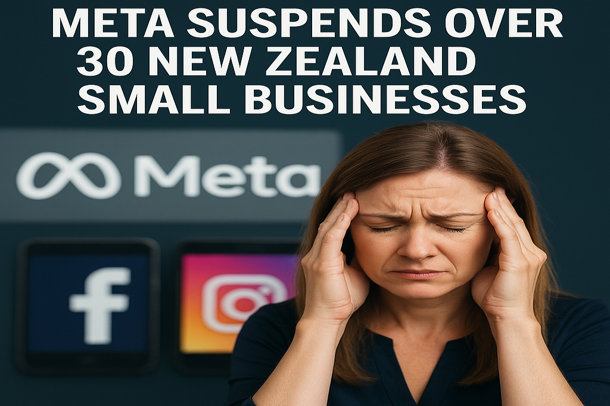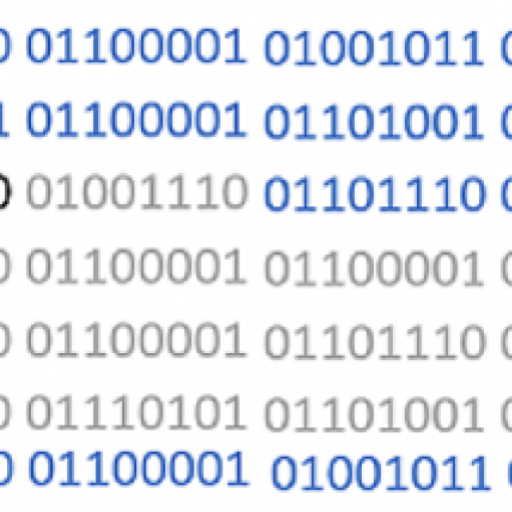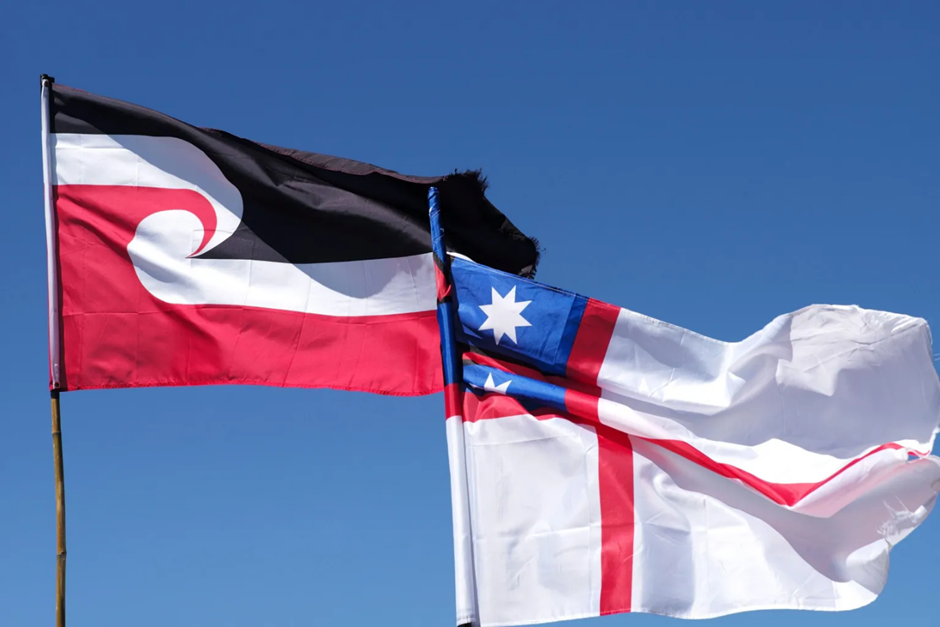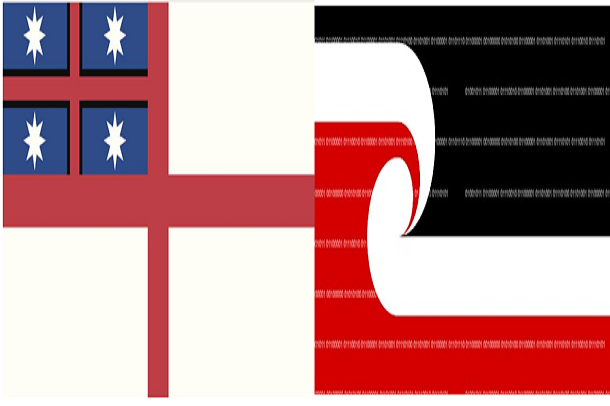Recently, RNZ identified more than 30 New Zealanders, including a number of small businesses who have had their Facebook or Instagram accounts suspended after being accused of violating Meta’s community standards. This raises concerns about how Meta Algorithms discriminate against NZ businesses.
Most concerningly, the suspensions were linked to allegations of sharing child exploitation or sexual content with some of the most serious violations possible on a social media platform. These instances provide evidence that Meta Algorithms discriminate NZ businesses without proper justification.
According to New Zealand media, many of the affected parties contend that the allegations are entirely baseless, and that their accounts were wrongly flagged by Meta’s enforcement systems. This further supports the notion that Meta Algorithms discriminate NZ businesses.
Human and Economic Implications
The wrongful suspension of accounts under such accusations has had profound consequences. Reputational harm and emotional distress are immediate: being flagged for child exploitation content can permanently damage reputations, especially when digital identity and credibility are central to professional or community standing.
For small businesses, the consequences are also economic. Social media platforms are marketing hubs, storefronts, and advertising channels. A suspension can mean lost income, severed customer connections, and even the collapse of a business model dependent on digital visibility. As a result, concerns have grown that Meta Algorithms discriminate NZ businesses.
These cases further highlight the power imbalance and lack of transparency between global technology platforms and their users. Meta wields unilateral power over enforcement decisions, while appeals are opaque, automated, and often ineffective. For those caught in this system, the process feels arbitrary and unaccountable. This reinforces the perception that Meta Algorithms discriminate NZ businesses.
Much of the enforcement is driven by automated moderation tools, AI systems, and algorithms designed to detect harmful material at scale. While these tools are necessary, they are also prone to false positives.
Real Stories of Wrongful Suspension
Assryia Brady, an Auckland dancer, lost her Instagram account after being accused of posting child exploitation material despite only sharing dance content.
Tallulah McLean, a makeup artist, was suspended because of an old childhood photo of her doing makeup for her brother; her account was reinstated only after RNZ intervened.
Sumthin Dumplin, a dumpling restaurant, lost its account despite posting only photos of food and staff; the owner reported receiving only automated bot replies and paid overseas intermediaries to seek reinstatement.
Jujulipps, a musician, had her account disabled after uploading a video of herself performing her own song. Instagram first flagged the post as copyright infringement, then demanded age verification, before suspending her account entirely on the grounds she was under thirteen despite her being twenty-six.
Teleiai Edwin Puni, a Pacific community leader, lost his account for months, hindering community engagement.
Jessy O’Dwyer, a hairdresser, was suspended for alleged child exploitation content even though her posts only featured hairstyling.
According to RNZ, 18 accounts were submitted for review; half were reinstated within hours, though many had previously been denied on appeal. Together, these cases show a pattern: benign content—dance, music, food, and hairstyling was flagged as egregious violations.
Meta’s Response and Acknowledgements
Meta maintains that its enforcement system uses a hybrid model of AI moderation and human review and insists there is no systemic surge in errors.
Meta points to an appeal process, but the evidence suggests it is neither transparent nor reliable. In many cases, accounts were reinstated only after media or ministerial intervention. This undermines trust and highlights the fragility of user rights under privately controlled offshore digital governance.
How Data Sovereignty Could Help
These events reveal more than just moderation failures, they expose a deeper problem of digital colonialism, where New Zealanders face offshore enforcement systems with no meaningful local accountability.
Data sovereignty demands transparency in how algorithms make decisions that affect people’s lives. If embedded in regulation, platforms would be required to give New Zealand regulators—including Māori—access to audit moderation systems for bias, error rates, and wrongful enforcement.
WAI 2522 defines Māori data as taonga. For individuals and businesses alike, digital reputations and social media content are taonga too. Wrongful accusations of child exploitation inflict profound harm on mana and identity. A data sovereignty framework would recognize this reality and mandate robust safeguards alongside restorative remedies.
Currently, account suspensions are determined offshore under global rules applied without local context. Data sovereignty offers an alternative: appeals overseen within New Zealand, ensuring cultural competence, fairness, and compliance with local laws. Oversight bodies could require onshore storage of enforcement data, creating accountability under New Zealand’s consumer and privacy legislation.
Data sovereignty frameworks could establish compensation mechanisms or service-level guarantees when businesses are unfairly cut off ensuring economic equity for local enterprises, not just global corporations.
Rather than relying on faceless automated systems, appeals could be reviewed by independent panels based in New Zealand, incorporating tikanga Māori principles of fairness, accountability, and the restoration of trust. This approach would directly counter the opacity of Meta’s current processes.
Small businesses also have another option of using New Zealand hosting companies for their online content as a backup to Meta services. Websites and email lists are increasingly becoming cheaper and easier to maintain with little to no technical experience. By doing so, they would be protected with New Zealand laws.
Government Intervention
Earlier this week, Minister Penk announced a new mailbox at the Ministry of Business and Innovation (MBIE) impacted small businesses can email, and that those emails will be forwarded to Meta to be assessed and reinstated. The email is small.business@mbie.govt.nz
Minister Penk said he’s also aware that individual users have been affected, but he said the new dedicated inbox is for now limited to small businesses.
Conclusion
The wrongful suspension of New Zealanders’ accounts by Meta is more than a series of unfortunate errors. It is a case study in the risks of algorithmic governance without accountability. While Meta has admitted some mistakes, it has not addressed the structural imbalance between offshore platform power and the rights of local users. This incident underscores how Meta Algorithms discriminate NZ businesses.
By embedding Māori and New Zealand based Data Sovereignty principles into digital governance, New Zealand could create a system where algorithmic enforcement is transparent, accountable, and locally reviewable. This would protect reputations, livelihoods of small businesses, and taonga from wrongful harm, while ensuring that the governance of data in New Zealand reflects Te Tiriti o Waitangi obligations and community expectations.
In a world increasingly governed by AI, the lessons from these wrongful suspensions are clear: without sovereignty, fairness is optional; with sovereignty, fairness becomes an obligation.
Image created with Chat GPT 5. Chat GPT 5 used for identifying media articles and brainstorming.





